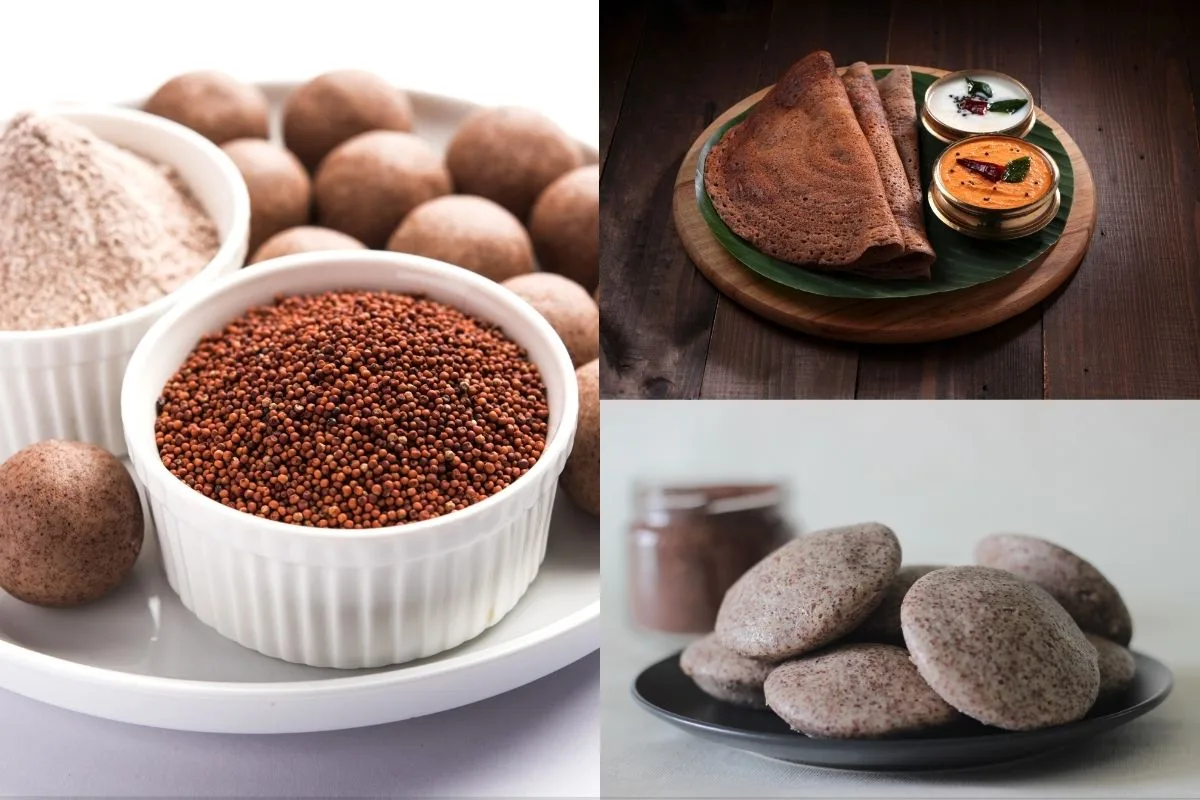Watermelon, with its vibrant color and refreshing taste, is a beloved summer fruit that not only quenches thirst but also packs a nutritional punch. As a low-calorie food, watermelon is primarily composed of water—about 92%—making it an excellent choice for hydration. In addition to its high water content, watermelon is rich in vitamins, minerals, and antioxidants, contributing to its numerous health benefits. In this article, we will delve into the detailed nutritional composition of watermelon, its benefits, and important considerations for its consumption. By the end, you will have a comprehensive understanding of how this delicious fruit can enhance your dietary habits and overall wellness.
Nutritional Profile of Watermelon
Understanding the nutritional composition of watermelon is crucial for appreciating its benefits and incorporating it into a balanced diet. Every 100 grams of watermelon contains:
- Protein: 0.6 g
- Total fat: 0.16 g
- Dietary fiber: 0.7 g
- Carbohydrates: 3.86 g
- Energy: 85 joules
- Iron: 0.22 mg
- Calcium: 5.29 mg
- Sodium: 1.89 mg
- Potassium: 124 mg
- Zinc: 0.1 mg
This nutrient-dense profile makes watermelon not just a hydrating snack but also a valuable source of essential nutrients. The low caloric content, combined with reasonable amounts of potassium, magnesium, and vitamins A and C, lays the foundation for its health benefits, which we will explore in the following sections.
Health Benefits of Watermelon
Incorporating watermelon into your diet offers an array of health benefits, making it a smart choice for those seeking nutritious, low-calorie options. Here are some of the primary benefits of watermelon:
- Hydration: Given that watermelon is composed of approximately 92% water, it serves as a delicious means of maintaining hydration, especially during hot weather. Proper hydration supports overall health, aiding in digestion, nutrient absorption, and temperature regulation.
- Rich in Antioxidants: Watermelon is a good source of antioxidants, particularly lycopene. Lycopene has been linked to reduced inflammation and may lower the risk of chronic diseases such as heart disease and certain cancers. The bright red color of watermelon is an indicator of its high lycopene content.
- Heart Health: The presence of amino acids like citrulline in watermelon may play a role in improving blood flow and reducing the risk of cardiovascular diseases. The potassium and magnesium content also supports heart health by helping to regulate blood pressure.
- Weight Management: The low caloric content of watermelon, combined with its high water and fiber content, means it provides volume without high calories. This can help promote satiety, making it an excellent option for those looking to manage their weight.
- Immune Support: Watermelon is rich in vitamin C, which is essential for a healthy immune response. Additionally, vitamins A and C work together to promote skin health, enhance collagen production, and protect against free radicals.
These benefits illustrate why watermelon is often considered a superfood. Its unique combination of hydrating properties, antioxidants, and essential nutrients provides a comprehensive support system for overall health.
Considerations for Consumption
While watermelon is an excellent addition to most diets, there are some considerations to keep in mind when incorporating it into your meals:
- Moderation: Despite its many benefits, watermelon is relatively high in natural sugars. Those managing their sugar intake, such as individuals with diabetes, should consume it in moderation and consider pairing it with protein or healthy fats to balance blood sugar levels.
- Caloric Intake: While watermelon is low in calories, it is still important to consider the overall caloric content of your diet. Consuming large quantities of watermelon could contribute to excess caloric intake, particularly if it’s not balanced with other food groups.
- Allergies and Sensitivities: Though rare, some people may experience allergic reactions to watermelon, leading to symptoms such as itching or swelling. If you suspect you’re allergic, consult a healthcare professional.
- Pesticide Residues: Watermelon can be subject to pesticide use during cultivation. Washing and peeling the skin can help reduce exposure to these chemicals. If possible, opt for organic varieties.
- Digestive Issues: For some individuals, consuming large amounts of watermelon can lead to digestive discomfort or bloating, especially if consumed rapidly or on an empty stomach. It’s best to introduce it gradually into your diet.
Understanding these considerations helps ensure that you reap the benefits of watermelon while minimizing potential downsides. By practicing mindful consumption, you can enjoy this delicious fruit as part of a balanced diet.
Conclusion
In summary, watermelon stands out as a remarkably nutritious fruit. Its impressive composition of vitamins, minerals, and antioxidants, combined with its low calories and high water content, makes it an ideal choice for hydration and overall health. The health benefits—including support for heart health, immune function, and weight management—are substantial, reinforcing watermelon’s status as a superfood. However, it is essential to consume it mindfully, noting the potential concerns of sugar intake and allergies. By incorporating watermelon into a balanced diet and adhering to thoughtful consumption practices, you can enhance your nutritional profile while enjoying one of summer’s most delightful fruits.
Axis Diet is dedicated to empowering individuals with knowledge and practical advice for healthier living. Our articles, grounded in research and expert insights, aim to simplify complex nutritional concepts, offering a comprehensive understanding of various aspects of diet and wellness. While these articles are informative and a great starting point for anyone looking to improve their health, they are for informational purposes only. For personalized, professional guidance tailored to your unique health needs, we encourage you to consult with Axis Diet’s registered dietitians. Reach out to us for expert personalized guidance on your nutritional journey.






[…] Water-Rich Foods: Include fruits like watermelon, oranges, and cucumbers in your diet. These foods have high water content and contribute to your […]
[…] Watermelon: As the name suggests, this juicy fruit is about 92% water and also provides essential electrolytes. […]